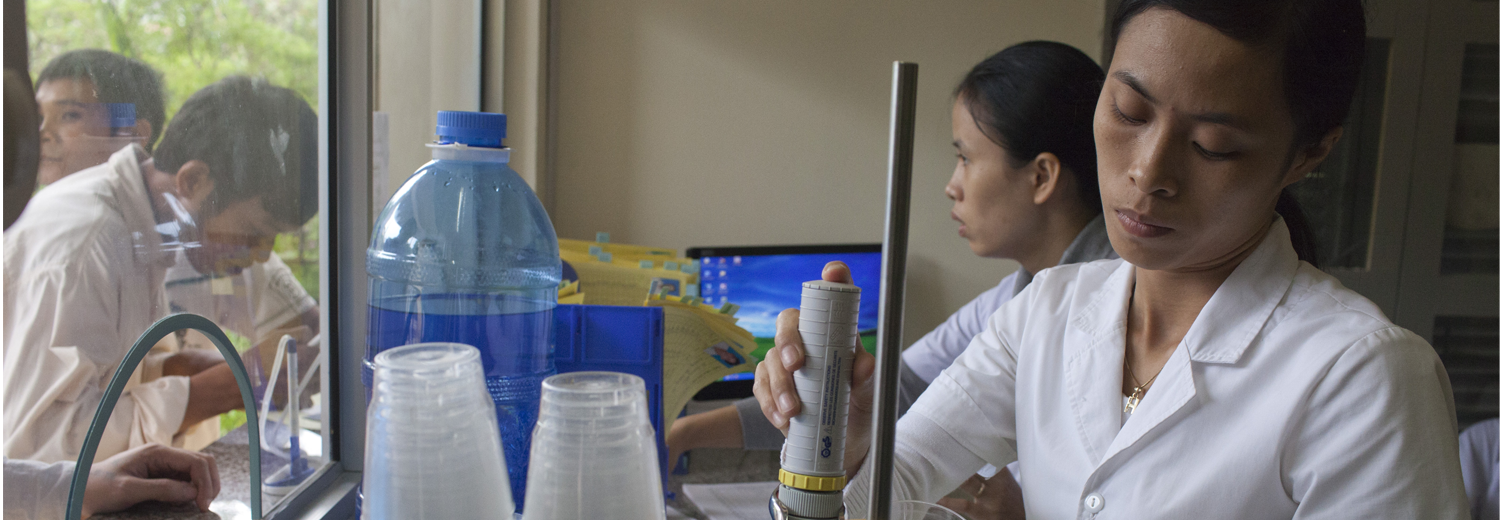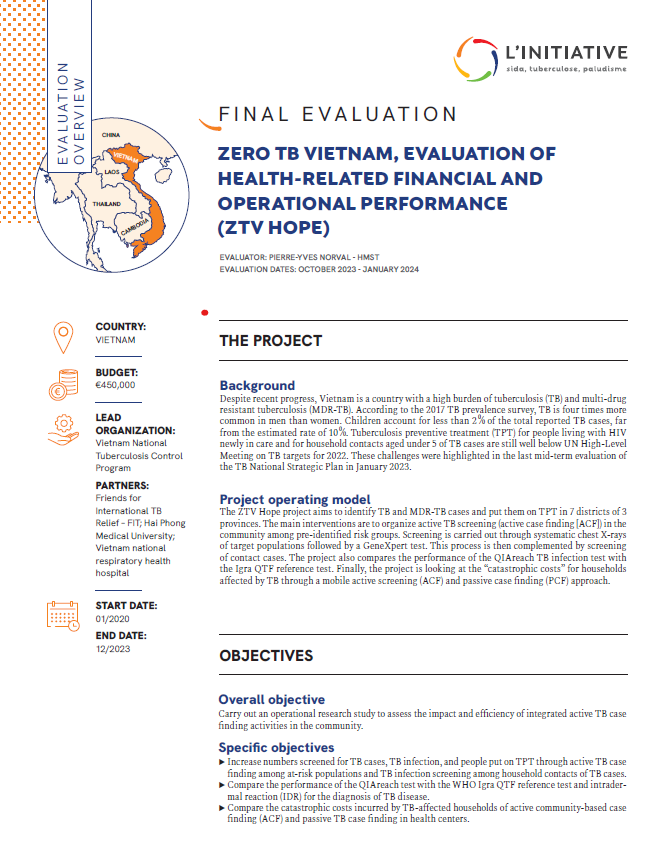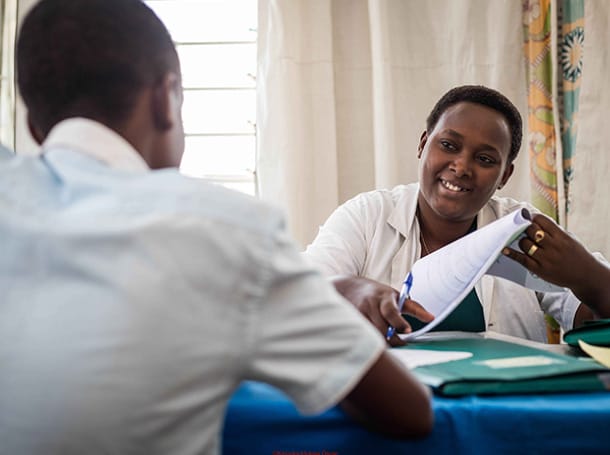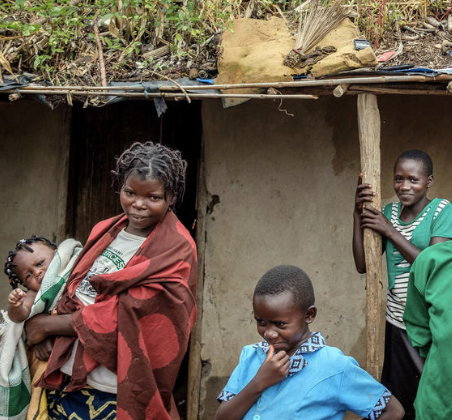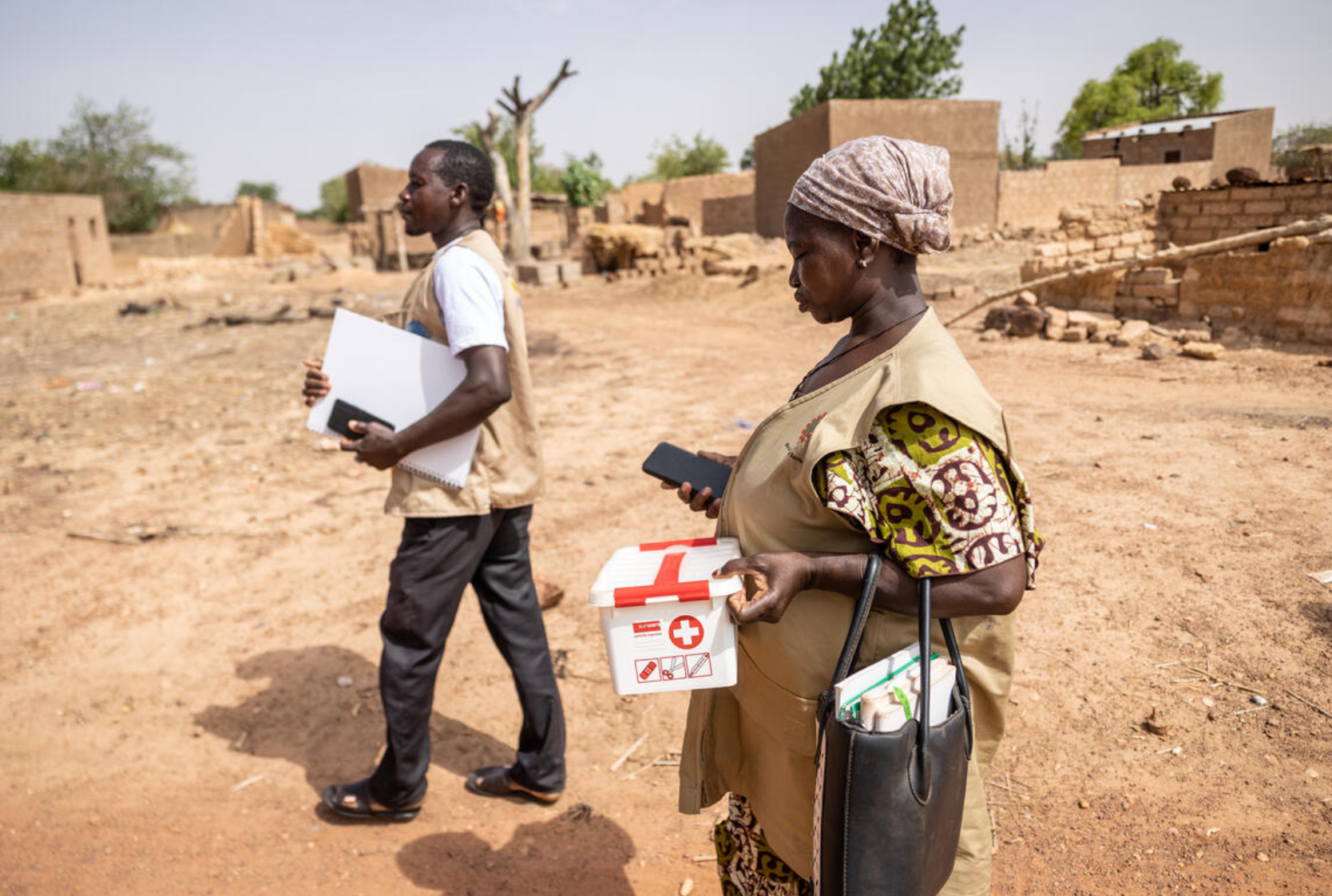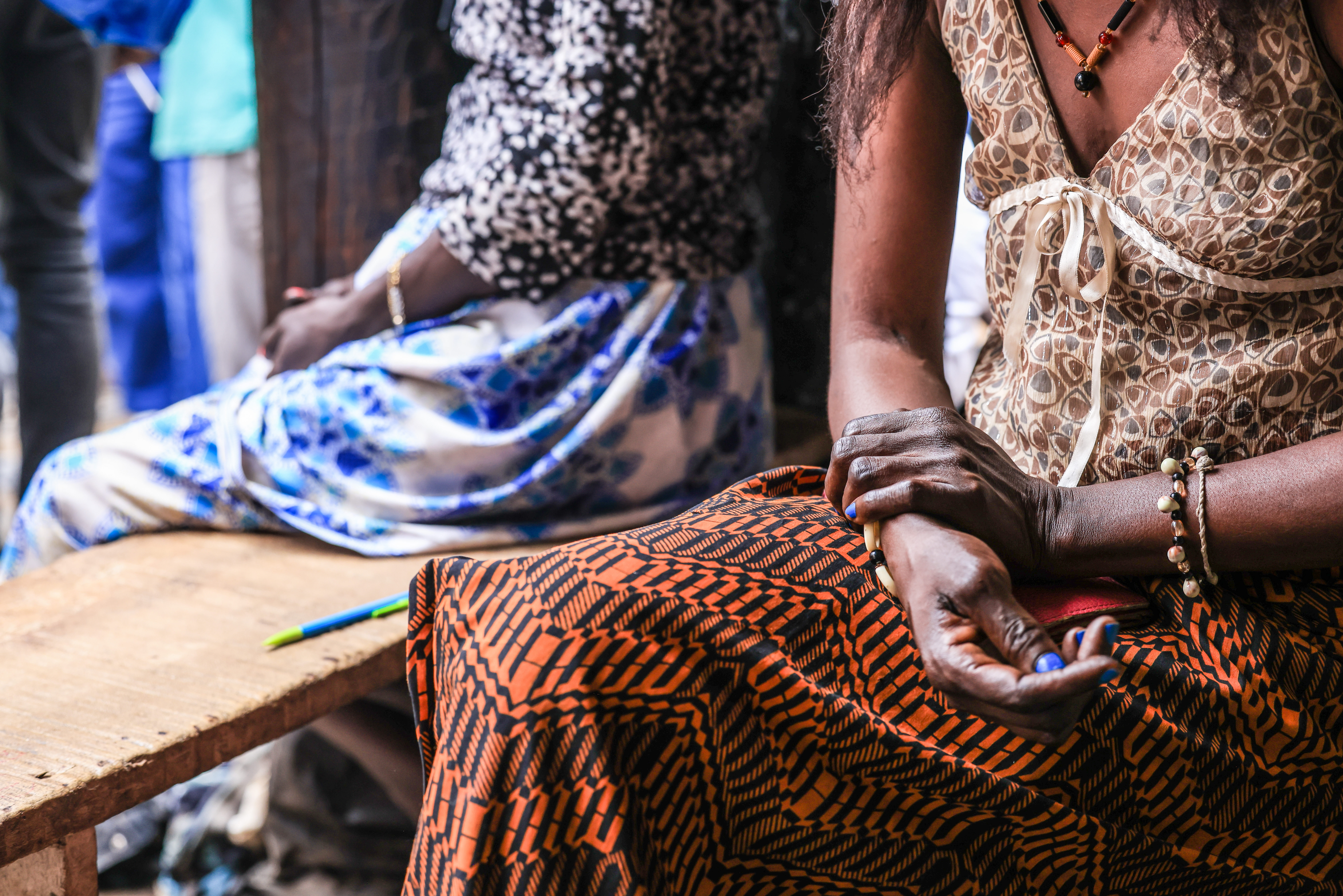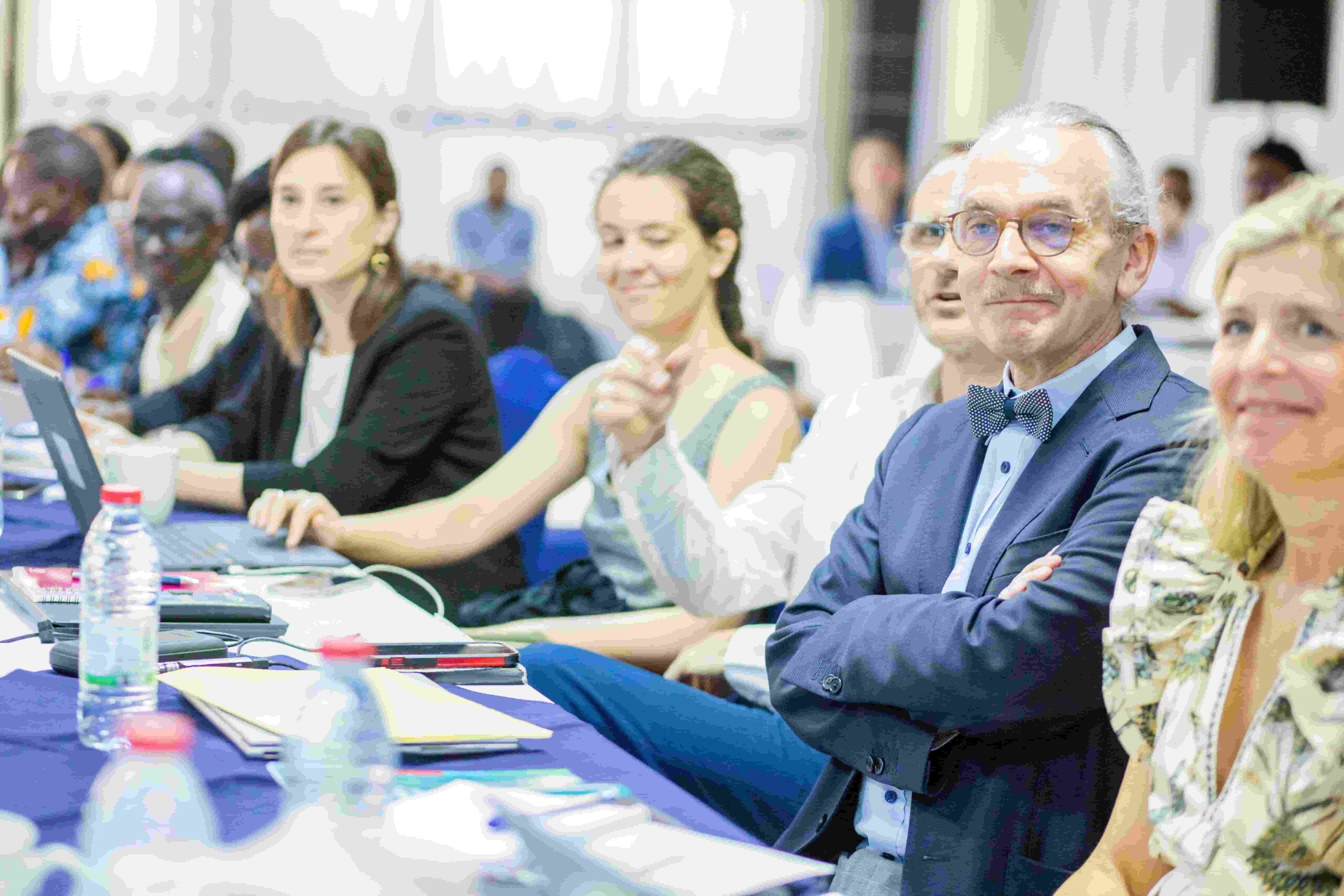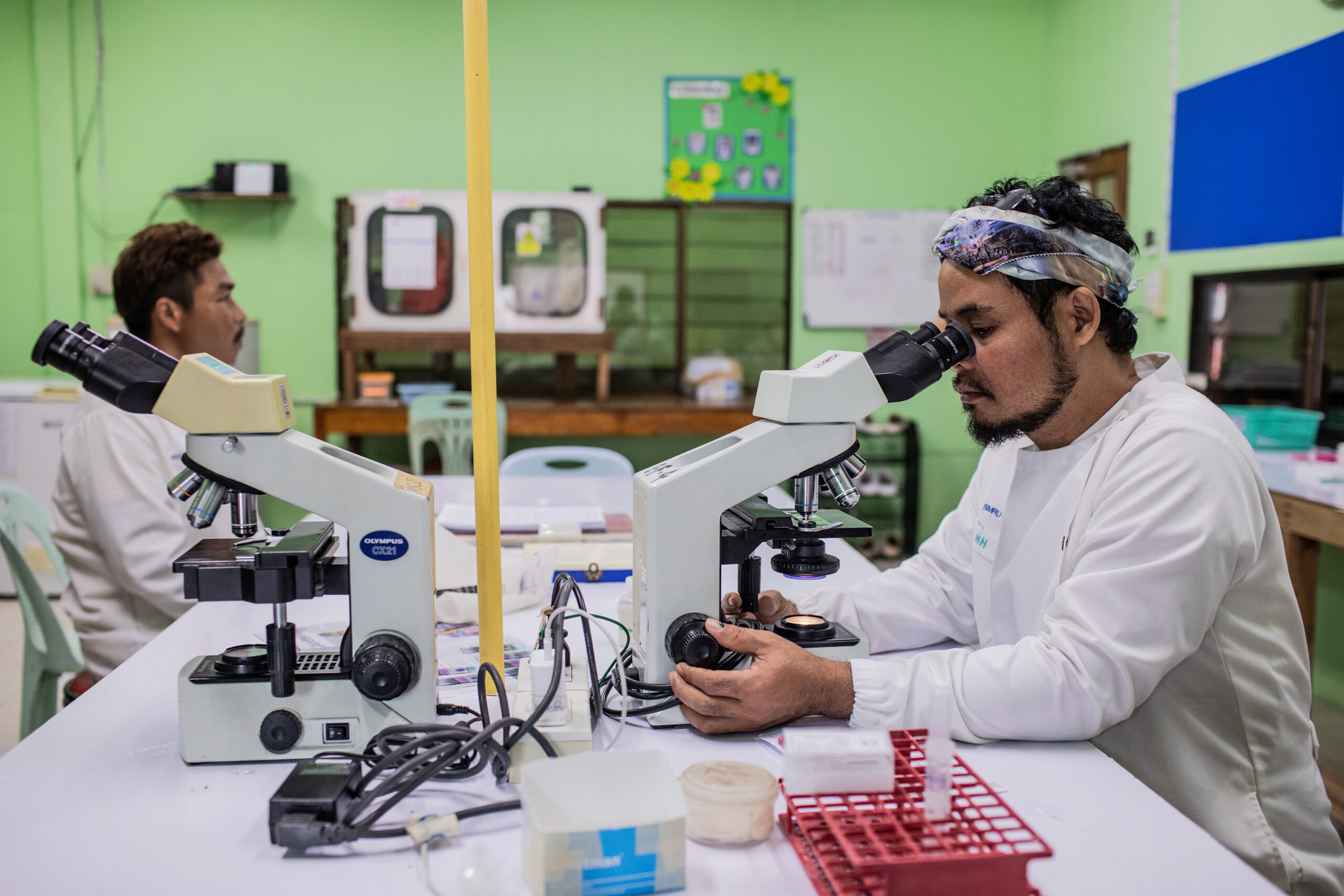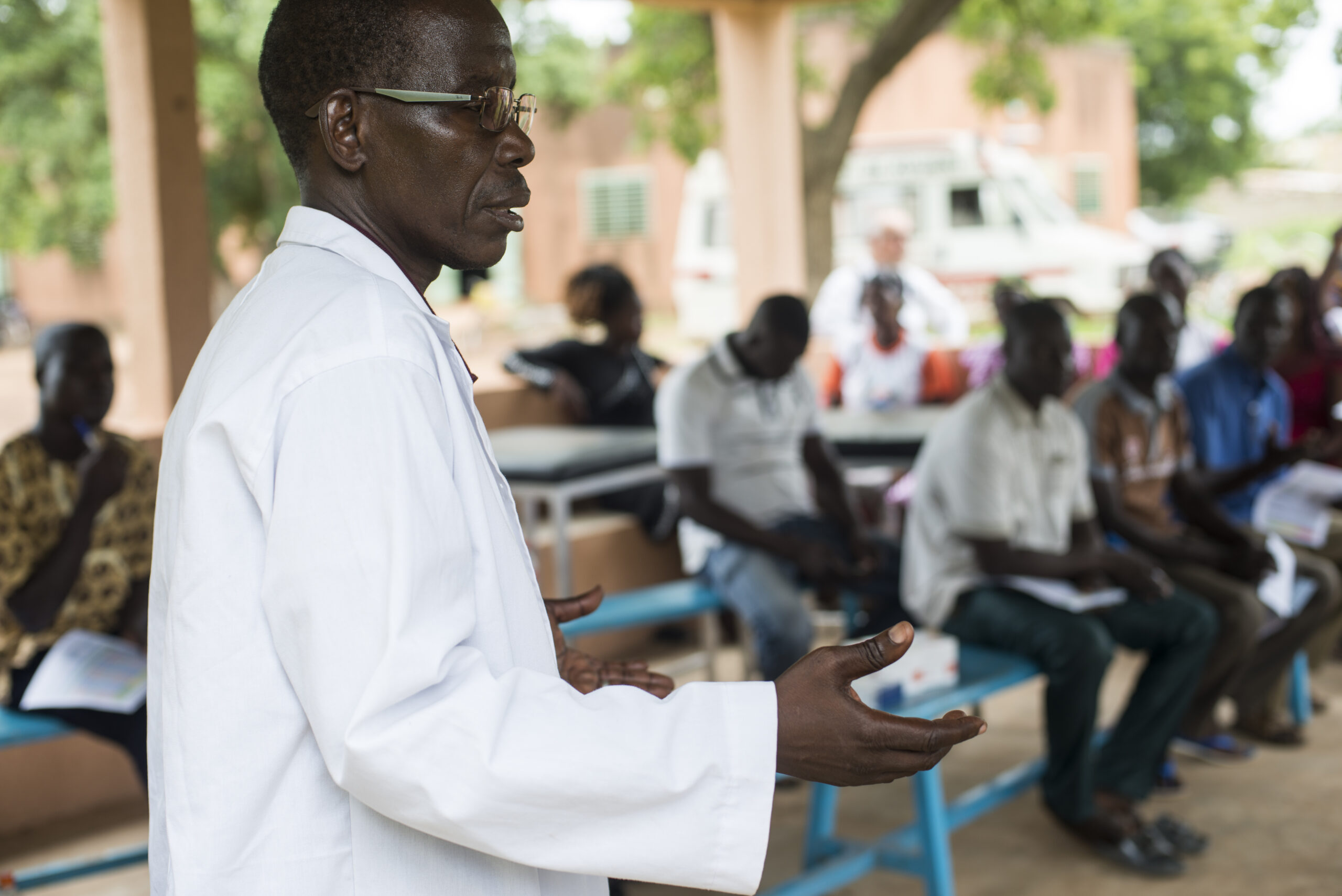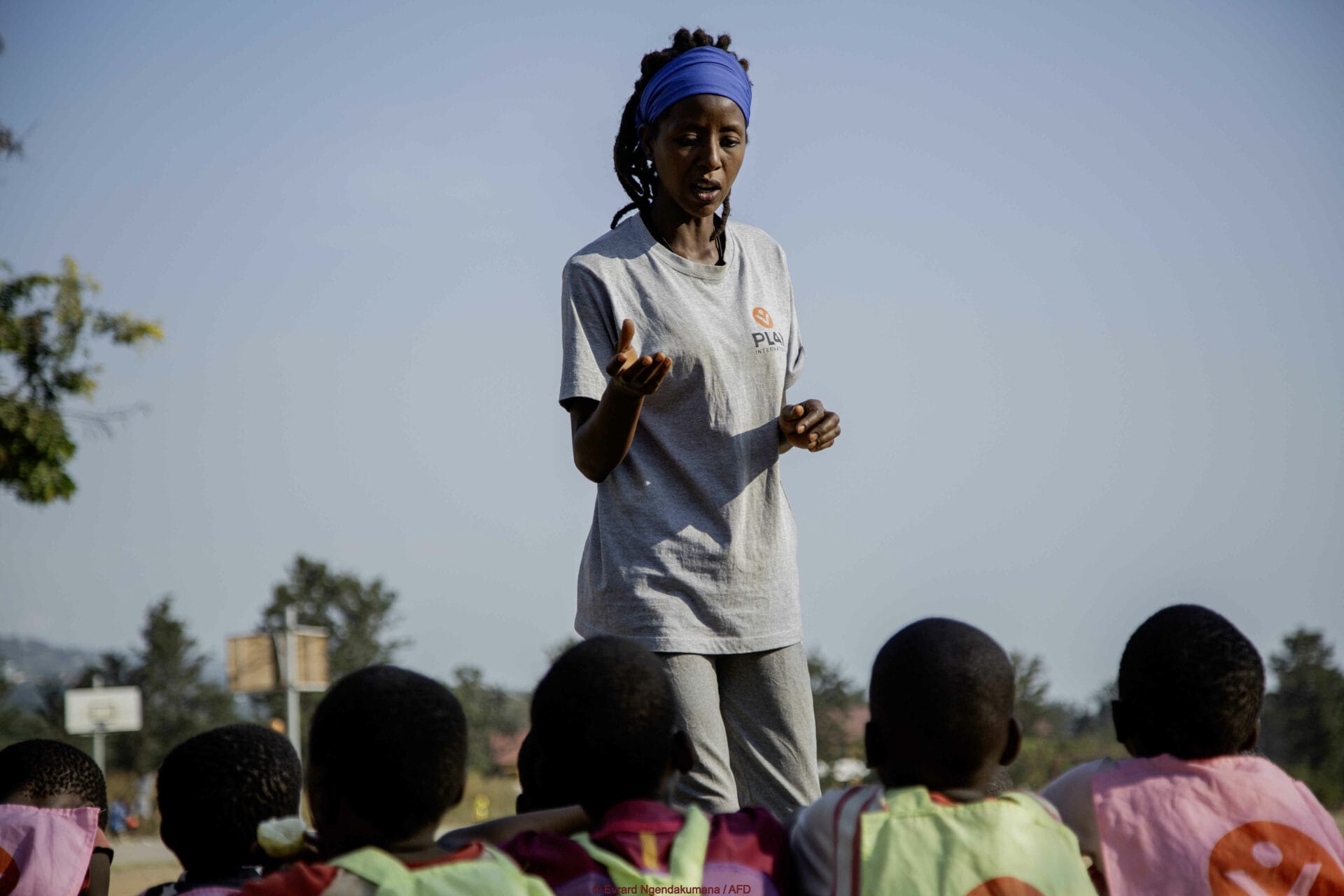The fight against tuberculosis and HIV is being extended to drug users through two projects run by L’Initiative and the Vietnamese NGO SCDI. Spotlight on Saving the future and Drive-TB.
Launched in 2016 for a three-year period and a total budget of €860,000, and supported by the Vietnamese NGO SCDI, Saving the future is a project targeting young drug users in eight provinces of Vietnam. The project is based on the deployment of a set of information and communication strategies, aimed at young people under 20, on issues linked to drug use, sexual and reproductive health and the transmission of HIV, hepatitis C and sexually transmitted infections.
In three years, the Saving the Future project reached over 10,000 young drug users, 62% of whom were tested for HIV. At the institutional level, some of the project’s results contributed directly to the Vietnamese Ministry of Health’s development of national guidelines on the management of health problems among young drug users. In addition, in collaboration with institutional partners such as UNAIDS and USAID, SCDI advocated for government funding of the HIV response and support for the role of community-based organizations. The project facilitated exchanges on the links between drug use and HIV infection and other pathologies. The results have prompted some funding agencies to increase their support for key interventions designed to take better account of this population. These are included in new funding requests to the Global Fund.
From Drive-In for HIV to Drive-TB for tuberculosis
The Drive-TB project is led by the “Pathogenesis and control of chronic and emerging infections” joint research unit of Inserm and the University of Montpellier, in collaboration with the University of Haïphong and the Vietnamese NGO SCDI. Co-financed by the French National Agency for Research on AIDS and Viral Hepatitis (ANRS MIE), this project aims to reduce tuberculosis among injecting drug users in the city of Haifong, Vietnam. “Drive-TB is a continuation of the Drive-In program, which aimed to control HIV in the same community,” explains Nicolas Nagot, the project’s operational manager at Montpellier University Hospital. “Drive-In enabled massive HIV screening among injecting drug users in three waves of respondent-driven sampling”.
The Drive-In project was characterized by its recruitment-based operation: the first people tested, in turn, approached other users for screening and redirected them to health centers run by peers (users or former users), trained by SCDI. Thanks to this method, which reaches the entire network in a capillary fashion, around two-thirds of Haifong’s drug users have been screened for HIV and referred to the appropriate health services for treatment. The same approach was subsequently implemented for hepatitis C, with the same success.
The research team’s findings, however, highlighted a continuing abnormally high mortality rate in the region, due to tuberculosis. A cross-sectional study revealed incidence rates among drug users twenty to fifty times higher than the average incidence rates in Vietnam, despite the fact that it is one of the countries most affected by the disease worldwide. “Drawing on our experience in community intervention, we came up with Drive-TB, a large-scale tuberculosis screening program”, explains Nicolas Nagot. Launched in 2023, the program plans four waves of sampling to cover as many Vietnamese users as possible.
The project works via a questionnaire, filled in directly by drug users, to assess symptoms of tuberculosis and possibly allow a chest X-ray and access to screening for latent tuberculosis. Those diagnosed with active tuberculosis are treated by community health workers, while those with latent tuberculosis are prescribed preventive treatment. Finally, the program also includes the identification of contact cases of sick people, thanks to the mobilization of community players. For Nicolas Nagot, “the link between peers and users for screening and care support has proved its worth in the response to HIV”. By renewing this community-based approach, Drive-TB aims to drastically reduce the transmission of tuberculosis among Haïphong’s injecting drug users.
